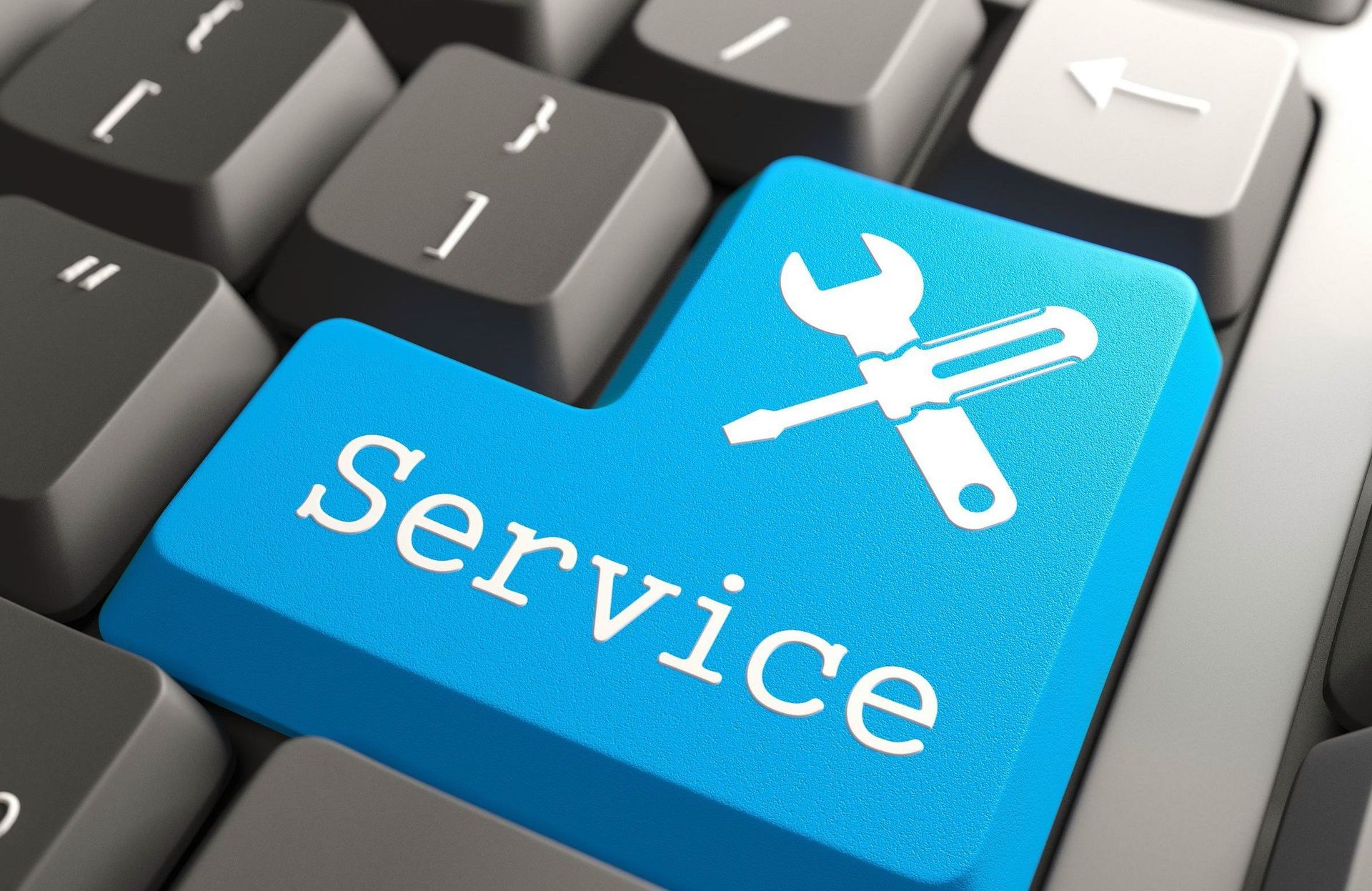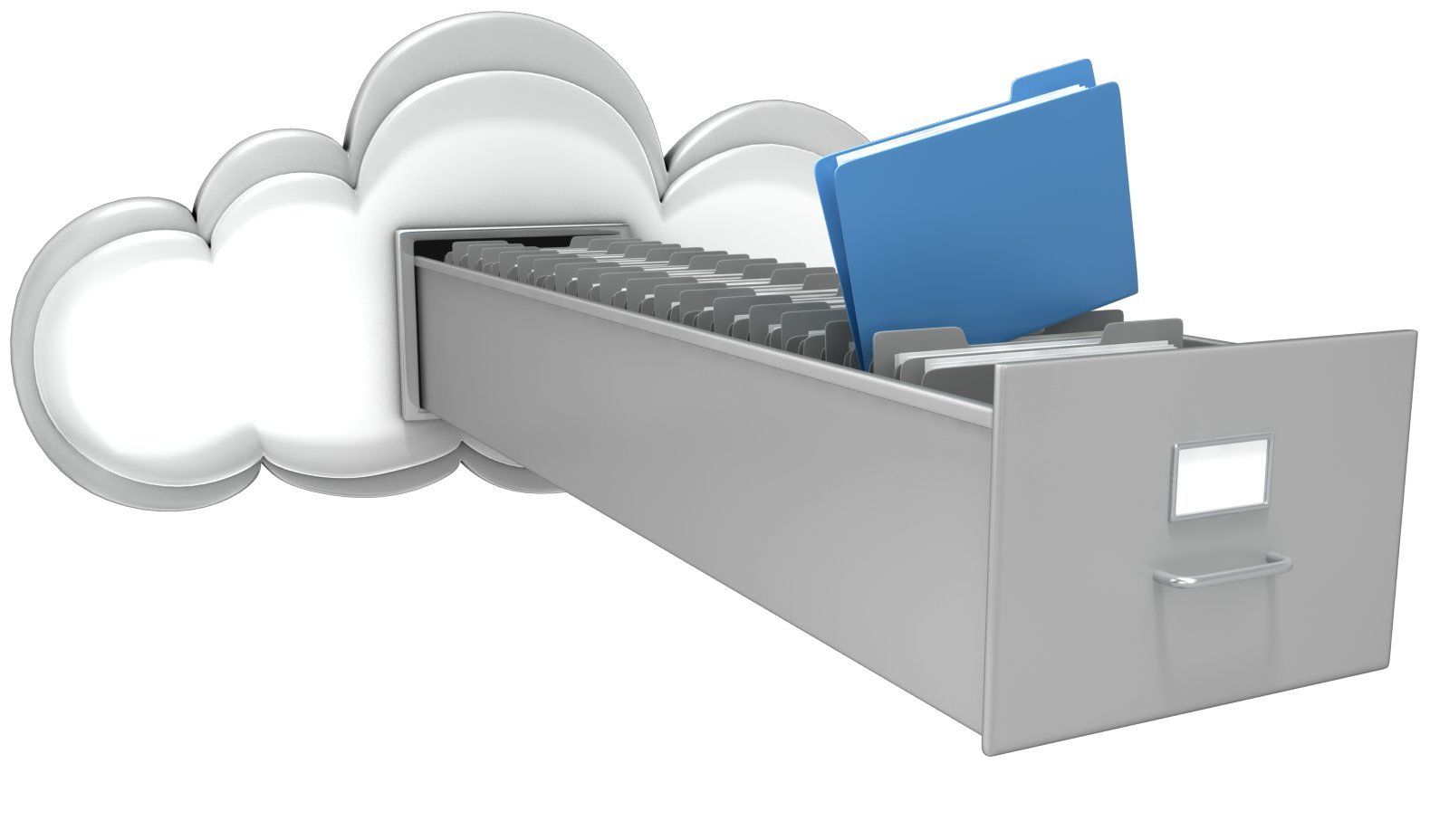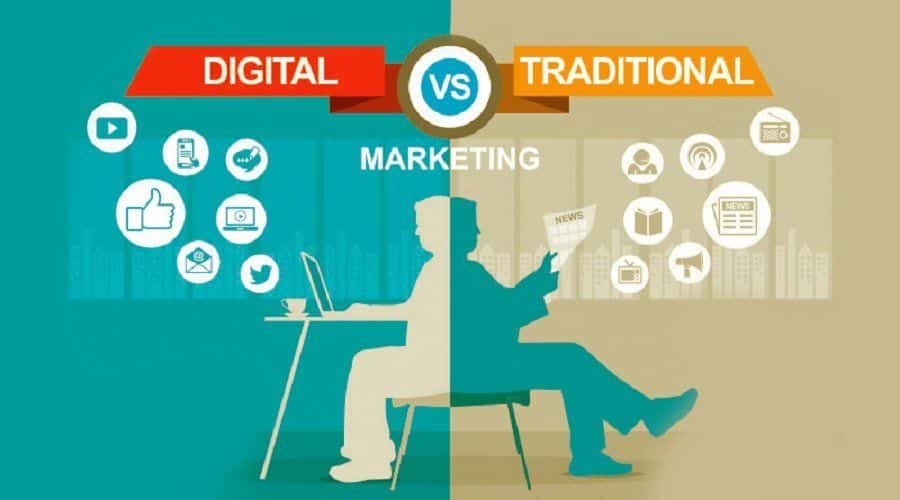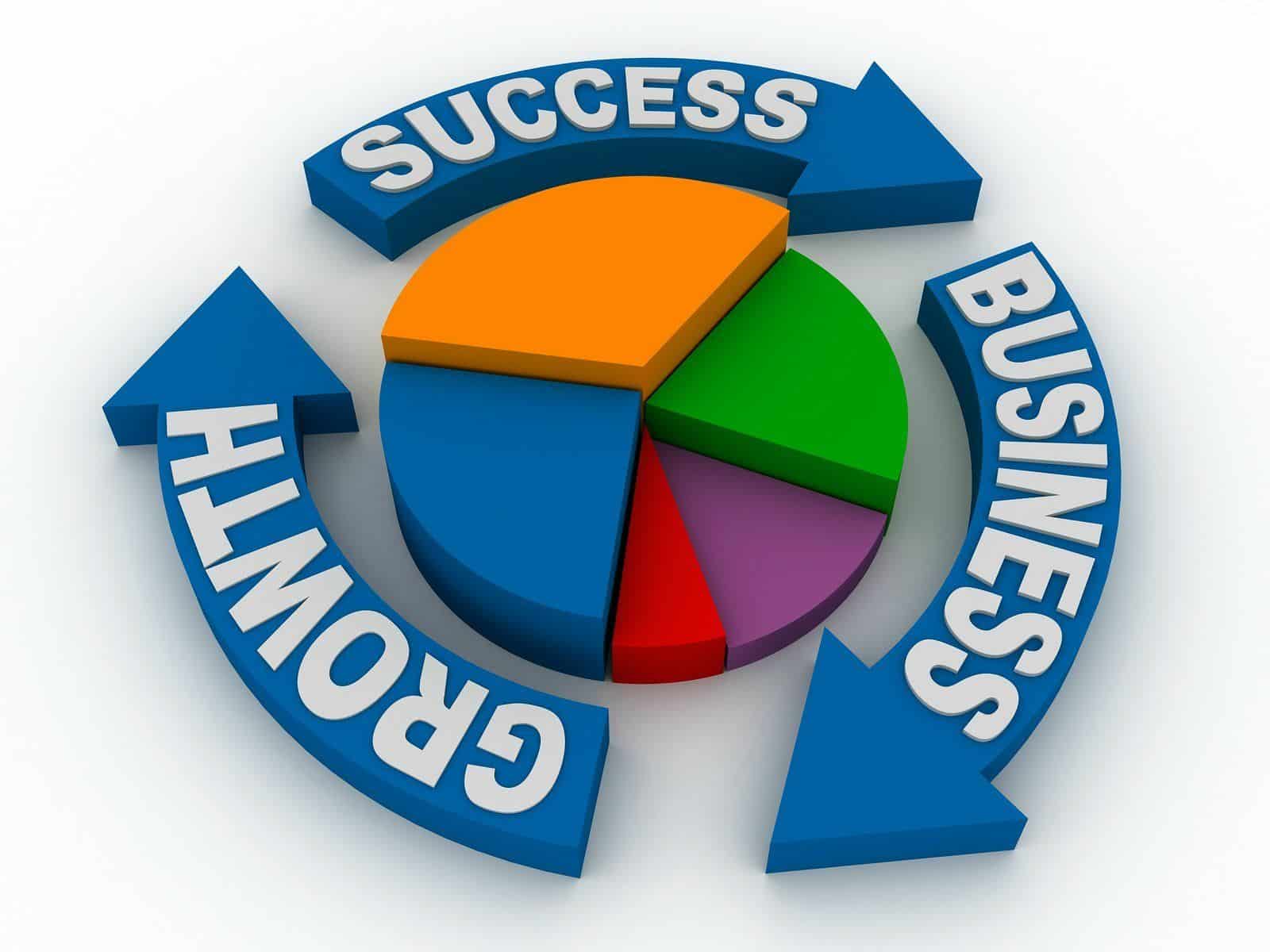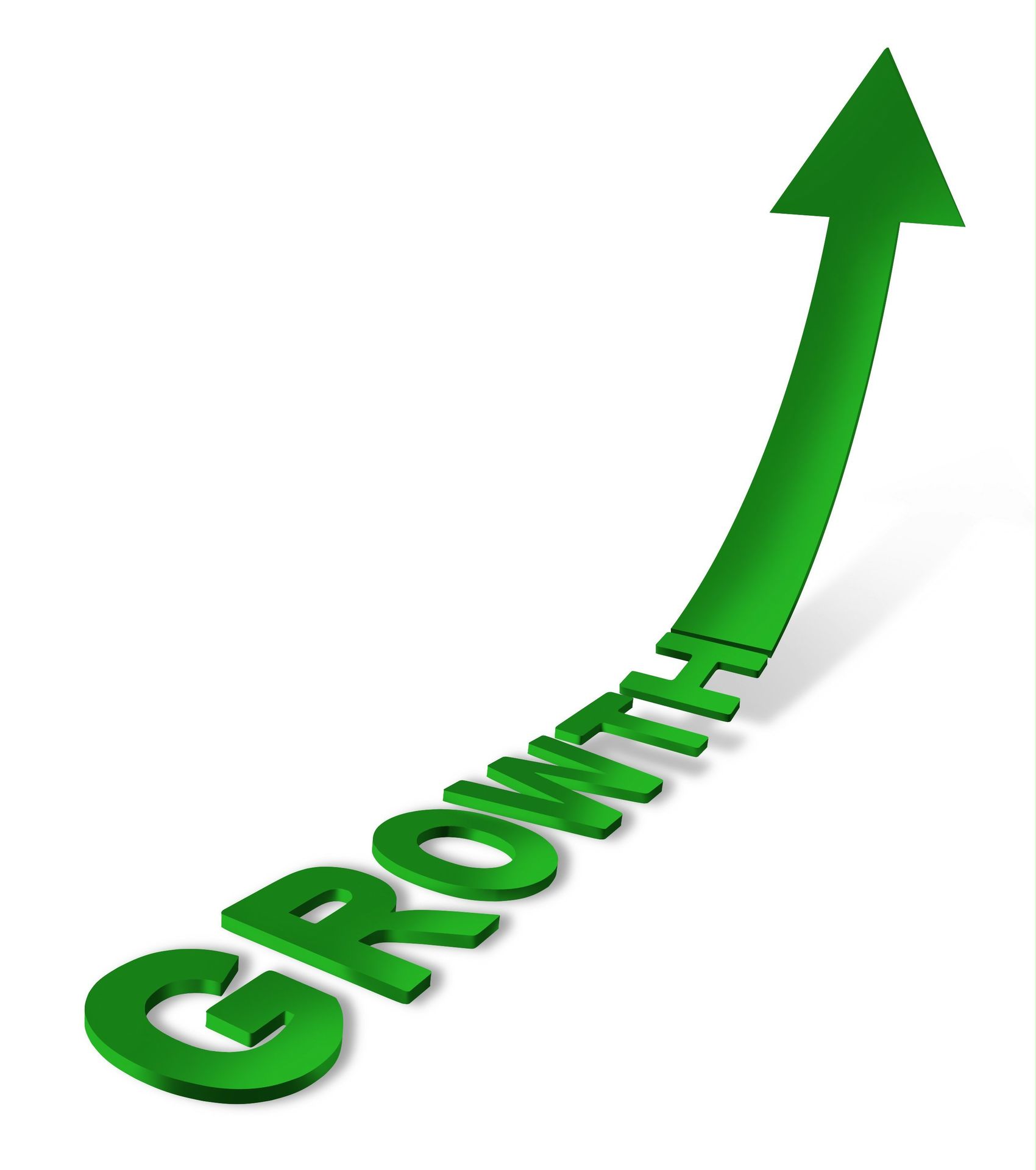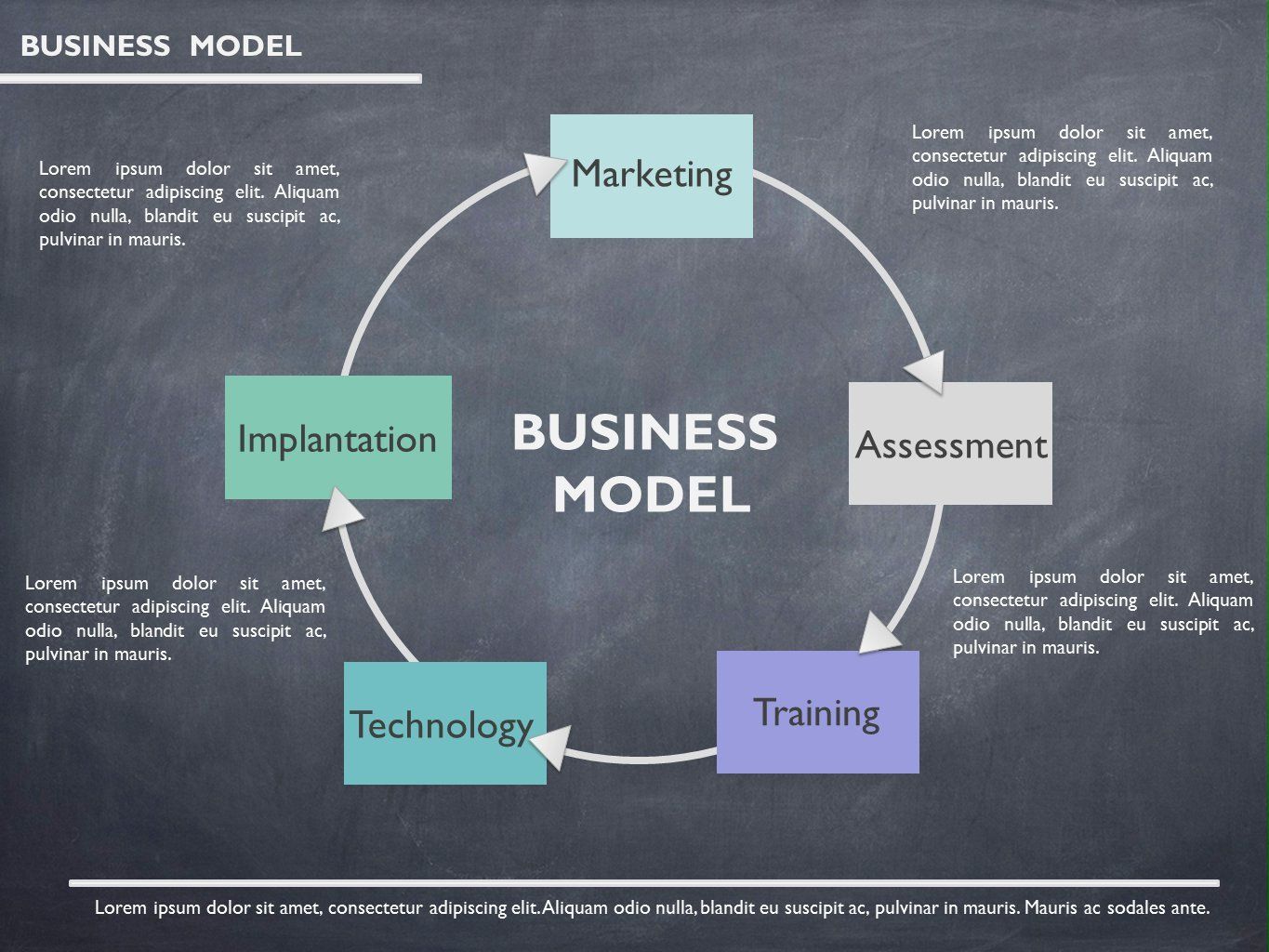Industrial automation is the combination of hardware and software that controls processes. The different levels of industrial automation are classified by their roles. This is the top level and oversees all aspects of the automation system. Tasks include sales orders, analysis of customers and markets, production planning, and customer and market analysis. This level deals with more commercial activities and less with technical aspects. Information is sent from one level up to the other through industrial communication networks. Different types of communication networks are used at different levels, including DeviceNet, RS485, and Recommended Website CAN. Foundation Field Bus, Profibus and RS485, are other examples of communication network. Should you have any issues relating to wherever along with how you can use gastight connectors, you’ll be able to e-mail us from the web-site.
Processes
The advantage of process automation is its ability to make monitoring easier. Operators have to be very attentive to settings and maintenance schedules, as well as quality of output. Using process automation, these operators can easily monitor the information and make decisions more efficiently. Additionally, these processes can eliminate unnecessary repetitions and cycles, and can help reduce the time between tasks. This is why time is often considered one of the most important indicators of productivity.
Applications

Automation can improve the efficiency of any organization. Automated systems can help reduce worker stress levels and reduce accident rates by making sure that products are produced in a consistent manner. Automated systems are easier to manage and less time-consuming to maintain. This can result in higher productivity and ROI for the business. Automation can also work 24/7, so there is less need to have human workers. Automated systems allow businesses to produce better products for less investment and minimal human intervention.
Technologies
This book will teach you about automation’s history and different automation technologies. PLC, DCS, as well as SCADA are covered in the chapters. These technologies have been synonymous in process instrumentation. You will also learn about the niche of Fieldbuses in process industries. You will be able to make sense of the history of automation and the different types of technologies used. You’ll be able to use them in your job.
Costs
While the total cost of ownership for an industrial automation system may be based on the price of the automation hardware and software, the costs of personnel and training are also considered. Dependent on the complexity of your automation system, you may need to pay for training employees, hardware/software upgrades and platform switches. While there are some universal factors in industrial automation it is not easy to calculate the total cost. It can be helpful to take into account the long-term strategic plan, the payload, as well as the environment.
Challenges
Industrial automation solutions have numerous advantages. They can increase safety and efficiency, while providing greater control and visibility. Data from automation systems can be collected and analysed to improve process efficiency. They can also aid in making important changes to existing systems. Industrial automation presents many challenges. These tips can help you to overcome them. Continue reading for more information about industrial automation and the benefits it offers. If you’re considering industrial automation for your business, you should start by understanding the challenges that will face you. If you have any type of concerns relating to where and how you can utilize gastight connectors, you can call us at the web page.









